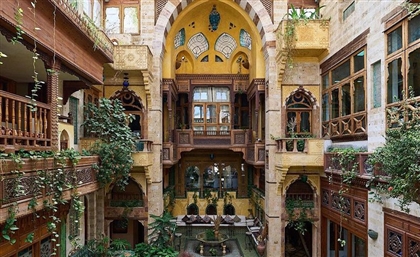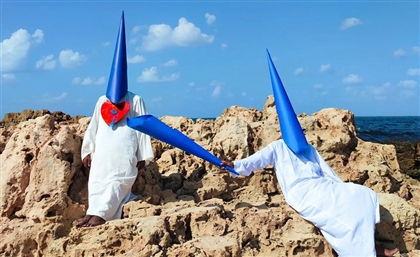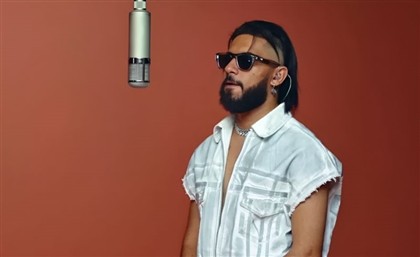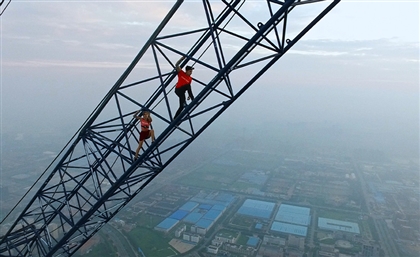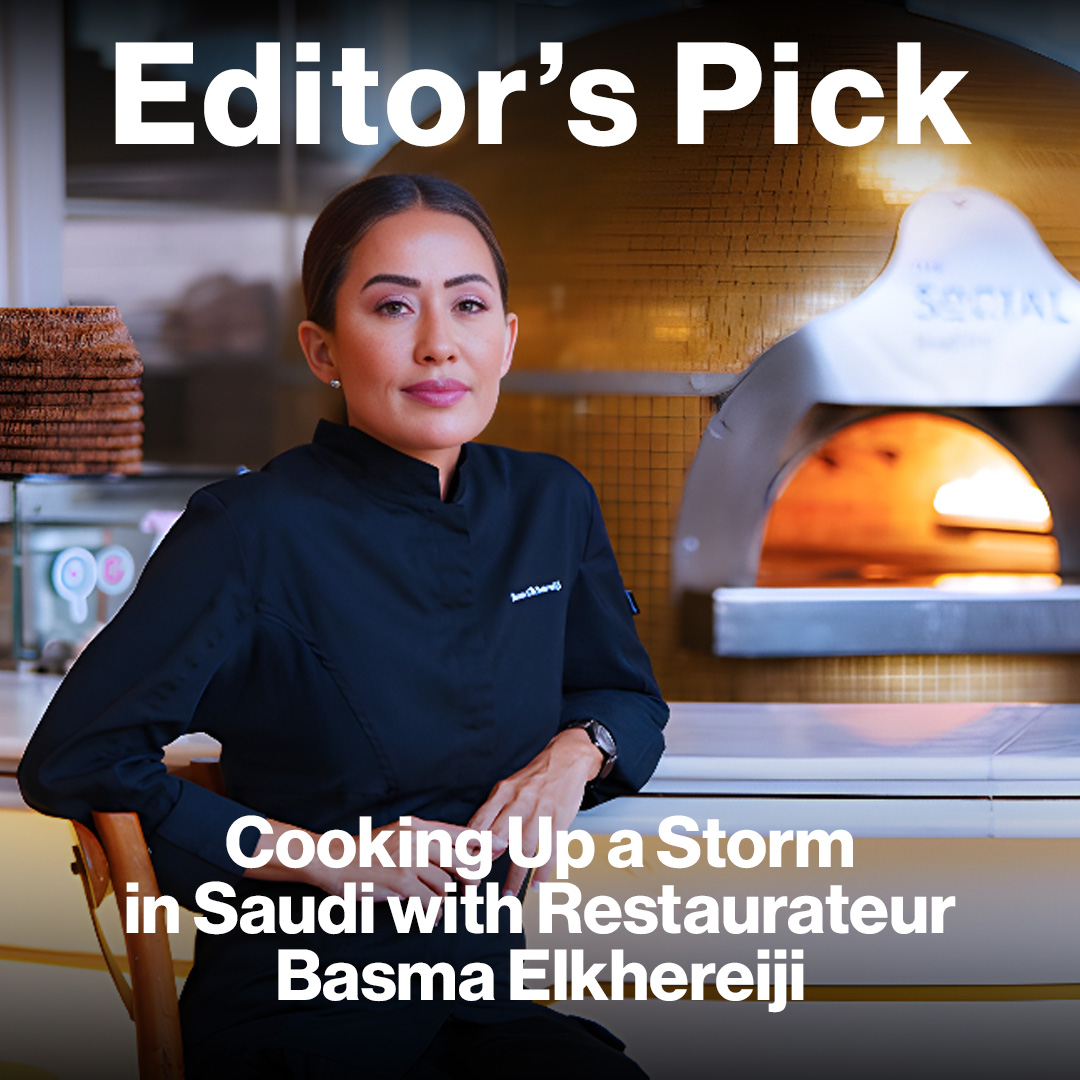Lebanon’s Rumman: The First Independent Music Festival in Tripoli
Ahead of the festival’s 2024 edition, we caught up with the founder, Mohamad El Tannir, uncovering the birth story of Tripoli’s first independent festival.
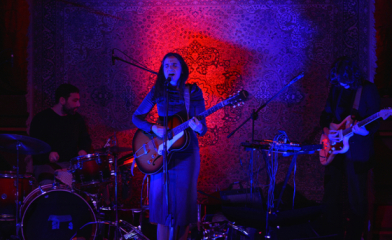
In 2022, in the harbour district of Tripoli, North Lebanon - right on the grounds of the Rachid Karami International Fair - Rumman Music Festival was formed as the city’s first fully independent music festival.
After a successful first edition that brought a slew of local, regional and international acts, Rumman Music Festival built up a reputation as an incubator for up-and-coming regional and local artists. Its inclusive lineups spotlight rising and established artists from across the MENA region, and its artist residency programs actively nurture emerging local talents.
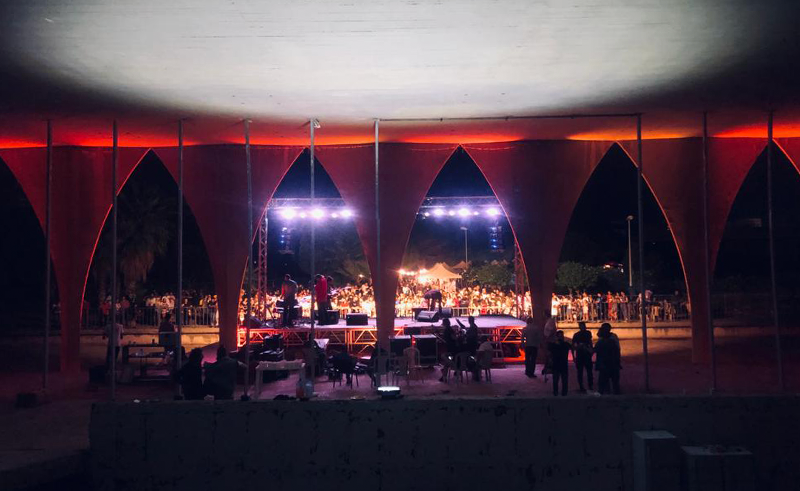
Unfortunately, the festival was cancelled in 2023 last year due to the ongoing bombardment in Gaza and South Lebanon. However, this year, Rumman is coming back with a new theme, titled ‘Defiance and Hope in Times of Uncertainty’. Three days of music and cultural gatherings will take over the historic alleys of Yaccoud Laaban Street in Tripoli’s El Mina, from September 5th to September 7th.
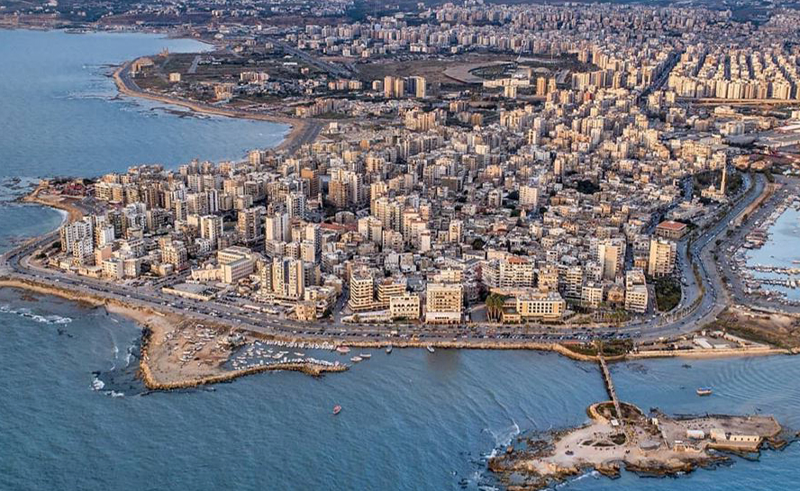
Taking place at Stereo Kawalis (formerly known as Cinema Radio) Rumman is bringing a roster of SWANA acts encompassing various genres, from hip-hop and rap to rock, pop and electronic music. The lineup features Moroccan-French rock band Bab L’Bluz, Sudanese rap icon TooDope, Egyptian electro-shaabi producer El Waili, Palestine’s Soot Gilgamesh, and Algeria’s own DJ La Louuve.
A slew of Lebanese favourites are also set to perform, including Police Voleur, Ziad Naboulsi, Al Dowar, Hadi, and Tarabeat. Additionally, France's pop-rock band Nana Koura will also be performing.
Tickets are available for purchase on ihjoz.com.
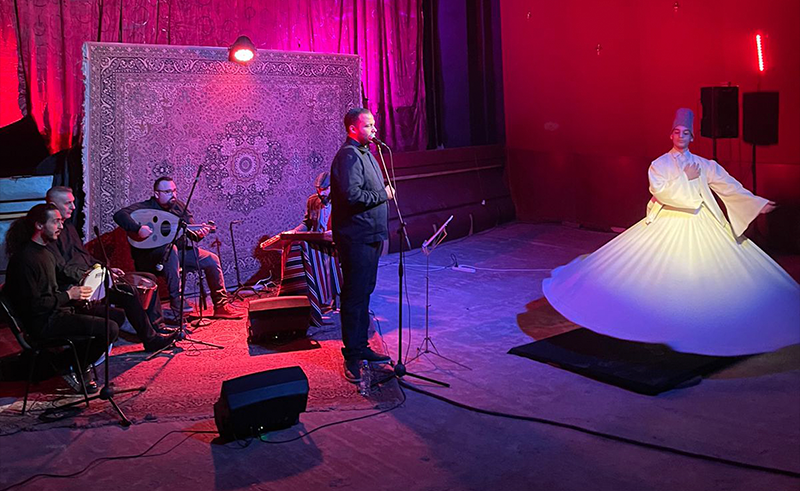
Ahead of the Rumman 2024 edition, we caught up with its founder, Mohamad El Tannir, uncovering the birth story of the festival, the process behind organising this edition, and why it’s called ‘Rumman’ in the first place.
SN: What made you decide to launch a music festival? And how did it come to be?
I wanted to create a cultural space dedicated to supporting and promoting the independent music scene in North Lebanon, providing equal opportunities for emerging and established local artists to showcase their talents, while enabling them to connect with international talents and expand their audience.
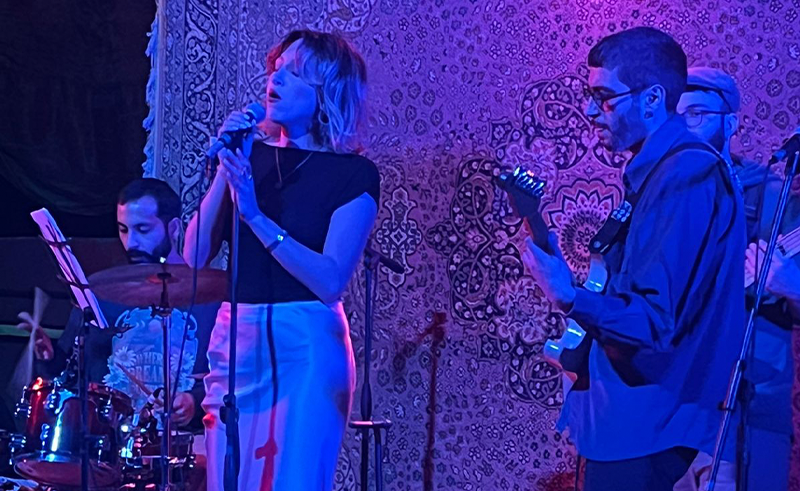
So, with my 15 years of experience in events management across the SWANA region, combined with my passion for music as someone who has been DJing for 10 years, I started to experiment more with new musical projects that aim to promote North Lebanon’s culture and music scene. And, the idea of Rumman manifested itself as just the right opportunity to do that.
Rumman goes beyond a music festival. It’s more a community engagement project that aims to actively nurture North Lebanon’s music and culture scene, bringing together like-minded people from across the globe into one intimate space to connect, discharge and discover culture and sounds they might have never heard about before.
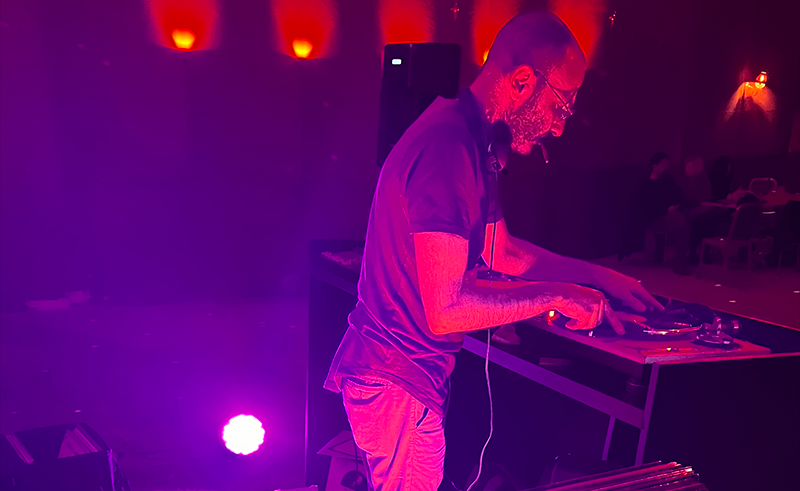
In 2022, we linked up with Beirut and Beyond and organised the first pilot edition at the emblematic Rachid Karami International Fair. We brought in a roster of local, regional and international acts and it was actually very successful and well-received.
SN: Why did you choose Tripoli to be the host of the festival? Is there a story behind that?
Tripoli is a culturally rich city with immense untapped potential. Although it’s Lebanon’s second-largest city with a remarkable history dating back to the 14th century BCE, we realised that it didn’t have its own independent festival or music venue.
Lebanon’s subsequent centralization policies favouring Beirut caused Tripoli’s regional importance to wane. And, when people think about music festivals or events in Lebanon, they automatically think about Beirut. We wanted to change that.
So, our choice of having Tripoli become the festival’s host is a deliberate attempt to fight that stigma, give the city its own professional music venue, and showcase its creative side and beautiful culture to the world.
SN: Why Stereo Kawalis specifically though?
Stereo Kawalis was initially established in 1954 as an art deco-style cinema, called Cinema Radio, and has since been a cultural landmark in Tripoli’s harbour district, Mina. However, unfortunately, like many other cultural spaces in Tripoli, it closed in 1995 due to the civil war and the systematic marginalisation of the city.
The cinema’s intricate design perfectly showcases the history and hidden culture of Tripoli, which is what we want to highlight with the Rumman festival. So, last year, we took the initiative to revive the space, transforming it into what is now Stereo Kawalis, arguably the largest indoor music venue in Tripoli. Having Stereo Kawalis become the new home and official host of the Rumman Festival further affirms our movement towards decentralising cultural and musical events in Lebanon and making them more accessible to everyone.
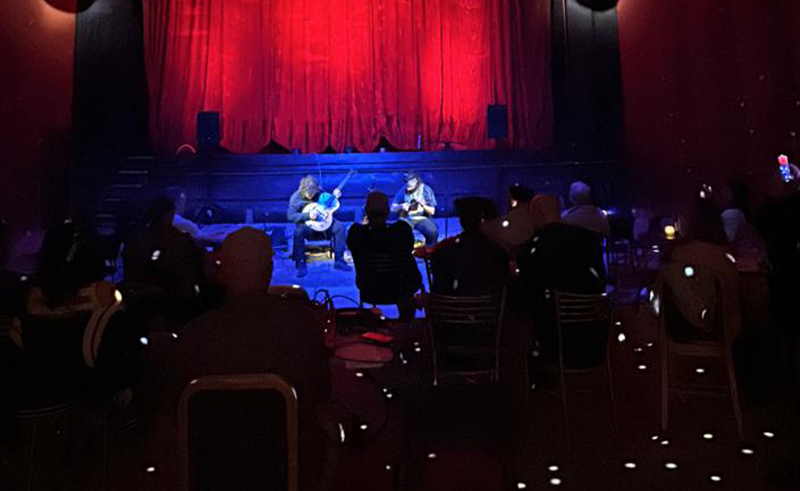
We had originally planned to celebrate the venue’s launch at Rumman’s second edition, which was supposed to happen in October 2023 but got cancelled due to the constant bombardment that was happening in Gaza and South Lebanon.
SN: Why did you choose Rumman as the moniker for the festival? And, how does it resonate with the festival’s message?
There’s actually an interesting story behind the festival’s name. ‘Rumman’, meaning ‘pomegranate’ in Arabic, was initially inspired by the pomegranate tree that once stood in the middle of the courtyard of our first space, an old renovated house in the historic alleys of El Mina. So, it’s like a reminder of where we started from.
Along with that, the pomegranate's harvesting season - a fruit that carries profound symbolism in SWANA cultures - aligns with our festival’s timing, which usually takes place from September to November. So, it’s like the perfect representation of our festival’s ethos, which is celebrating life, culture and resistance.
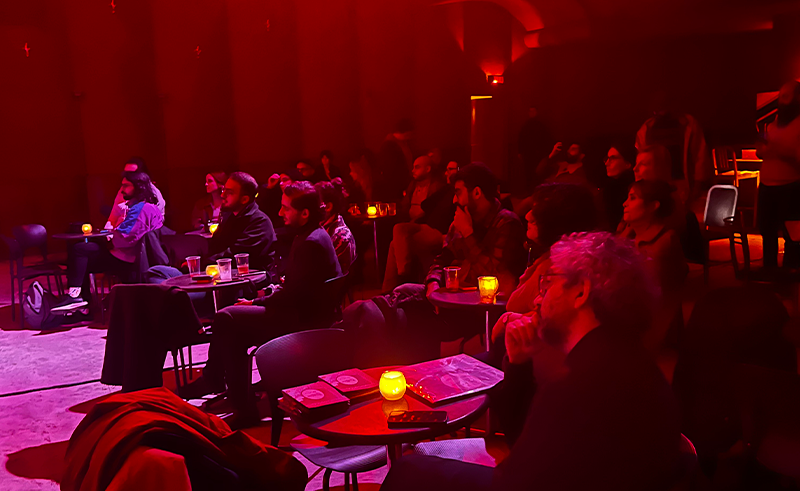
SN: How do you see Rumman contributing to evolving the music, arts and culture scene in Lebanon and the region at large?
Rumman is a fully independent music festival that lives and breathes on discovering and nurturing emerging talent from across the MENA region. Our approach is centred around collaborations and co-productions with like-minded music entities from across Lebanon, such as Beirut & Beyond, Station Beirut, Oakenfest and Tune Fork Studio, serving as an incubator for up-and-coming artists, offering them a chance to showcase their skills, build a regional and global fanbase and connect with industry professionals.
The festival is thematically based as well. Each year, we come up with a theme that addresses a certain narrative, one that’s relatable, and more engaging for attendees, while also introducing different music styles and genres that can attract a bigger international audience.
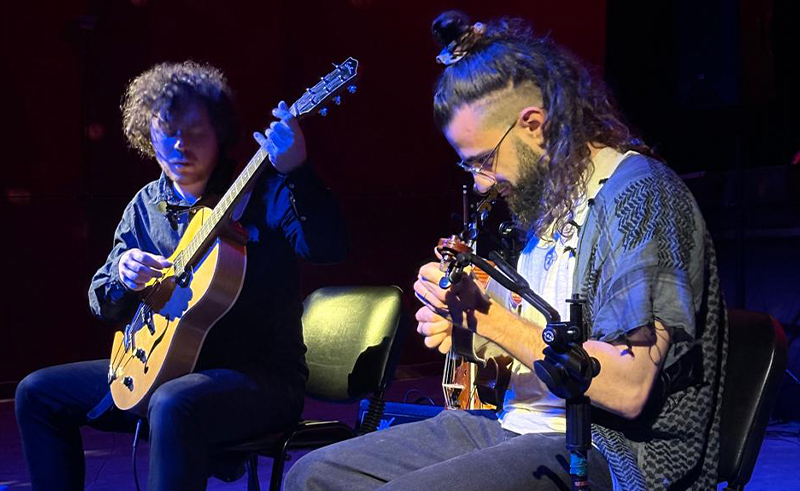
Besides the music performances, we organise artist residency programs for regional and international artists, providing talents with time, resources, and space to experiment, connect, collaborate, and perform together. For example, in 2022, we organised our first inter-regional residency program between local artists from Lebanon and Egypt, hosting the Egyptian musical ensemble, Bahgaga, after which they performed with renowned Lebanese artist Samah Boulmona. We also organised a music residency program for two French artists and by the end of it, they produced an album called ‘Trablos’.
SN: What should people expect from this year’s edition of Rumman? In terms of activations, workshops and lineups, how is this edition different from the previous one?
This year’s edition comes at a very critical period for Lebanon, Palestine and the region. While it feels heavy to ‘celebrate’ at such a time, we decided to move forward with the festival and have the theme this year be ‘Defiance and Hope in Times of Uncertainty’, as a statement that we will not surrender to violence and despair.
We're welcoming a diverse range of SWANA artists from across all genres. Think hip-hop, rap, electronic, trap, pop, and rock. For instance, we have French/Moroccan group Bab L’Bluz, El Waili from Egypt, and TooDope from Sudan. We are also bringing French pop-rock group Nana Koura.
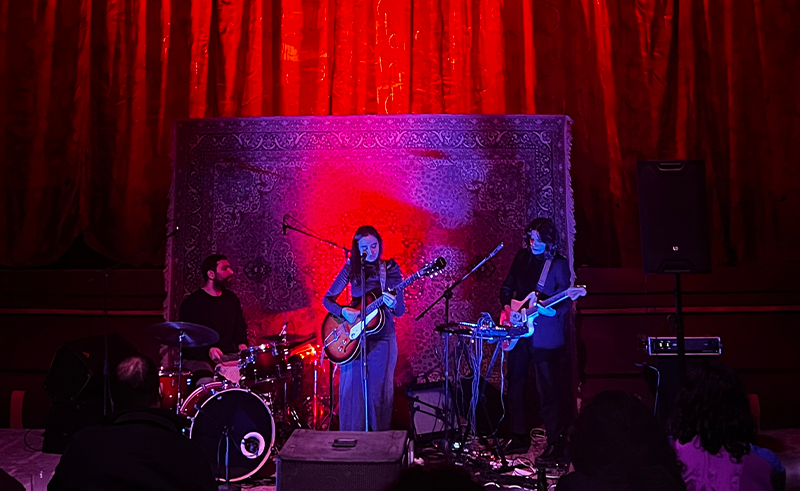
For the residency program, we’re focusing this year on incorporating mainly local artists to create a tribute to the 70s Lebanese musical sensation Bendaly Family, one of the many examples that showcase Tripoli’s cultural and musical heritage.
With Stereo Kawalis being the festival’s new home, we have also created a more intimate and immersive setting for the performances, extending the festival’s duration for two days, so it’s more of a music and cultural weekend retreat. Meanwhile, for the marketplace, we partnered with small local shops, and local family-owned restaurants, to promote the local industry, sustainable development and community inclusivity.
SN: Considering the current situation in Lebanon, did you face any challenges whilst organising the festival this year? And, how did you tackle that?
I believe that the current precarious conditions, with the ongoing war in South Lebanon and the genocide in occupied Palestine, aim to uproot us from our land and crush our hope. Instead of retreating we were determined to continue what we do. As one of the artists who was invited to the previous edition said on stage, “Doing so is a form of defiance and resistance in itself.”
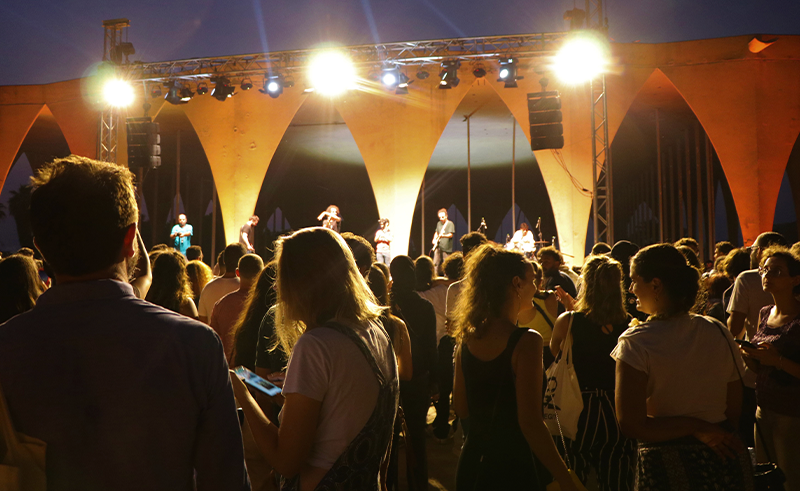
We adopted a more pragmatic approach for this edition, informing all artists early on about the current reality and our commitment to ensuring their safety, given the highly unpredictable context. To this end, we have also ensured organisational flexibility, such as making tickets rebookable and refundable.
We are considering various scenarios, including proceeding with the festival with minor lineup changes or cancelling if security deteriorates further. And, if a band or an artist chooses to pull out anytime, their performance will be postponed rather than cancelled, with the possibility of organising a residency or a tour in Lebanon once the situation is more stable.
This way, the local audience will have the opportunity to see them, even if not within the festival context. As a backup plan though, we have a list of promising new talents to ensure the festival remains lively and engaging each day, in case any sudden changes happen in the lineup.
SN: Can you share with us your process behind the lineup curation? How do you go on with that?
Supporting emerging talents is the core of our lineup curation strategy, we’re very committed to giving equal spotlighting for the fresh lesser-known and seasoned regional artists, to help them connect with a bigger audience, and perhaps push their career forward and get them bookings for other venues. However, we also try to introduce up-and-coming international artists to the regional audience.
So, it’s a combination of both. But, we’re very careful about keeping it focused on highlighting the overlooked musical talent of the region.
SN: How do you envision the future of Rumman Festival? And, what are your long-term goals for it?
The future of Rumman is exciting and ambitious. We’re now one of the leading independent music and cultural hubs in North Lebanon. So, for now, we are focusing on gaining more regional recognition and connecting more with the regional music scene before expanding to the international stage eventually.
We are eager to be part of a network that collaborates with cultural organizations and festivals across the SWANA region. This could involve co-hosting events, sharing resources, or supporting regional tours, all while remaining steadfast in our mission to promote and support independent music and culture.
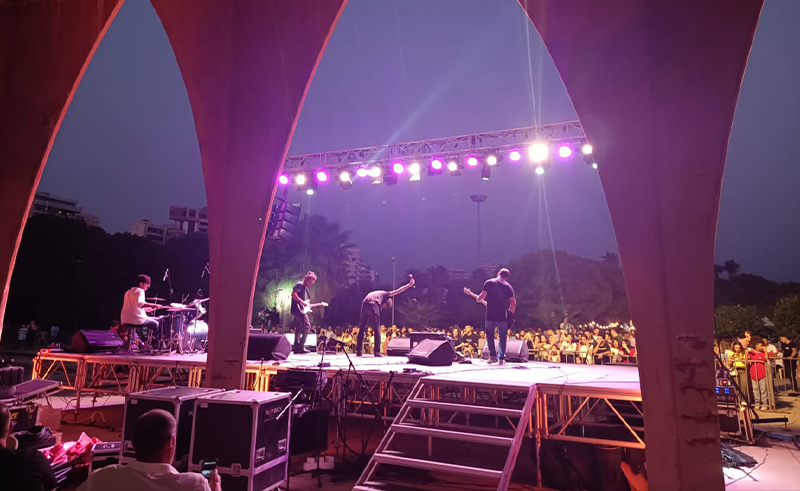
The bigger vision for Rumman is to be a catalyst for cultural growth while creating a long-lasting impact. For us, success is not measured solely by immediate artistic programming. Instead, it should be assessed by the enduring impact on the city’s cultural infrastructure, community engagement, and economic development.
We’re aiming for Rumman Music Festival to become a recognized fixture on the local, regional, and international map for independent music festivals and to contribute to the city’s cultural revival, drawing eyes to its music potential that is yet to be discovered.
- Previous Article How Witnessing an Exorcism Led to Nayla Al Khaja’s Debut Feature Film
- Next Article Beats of the Month | August
Related Articles
Trending This Week
SceneNow TV
Events Calendar





